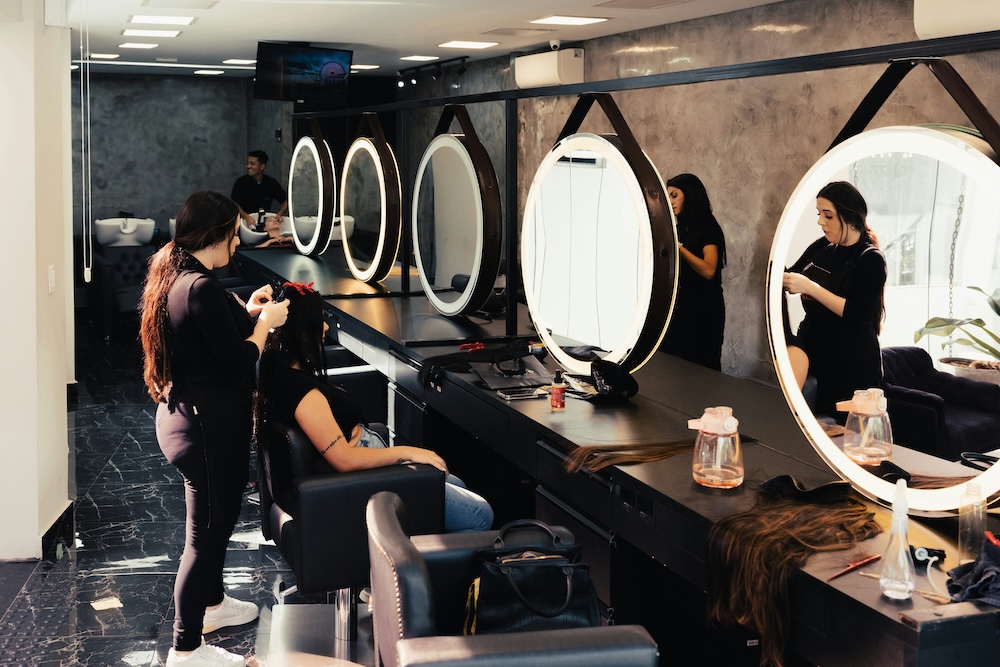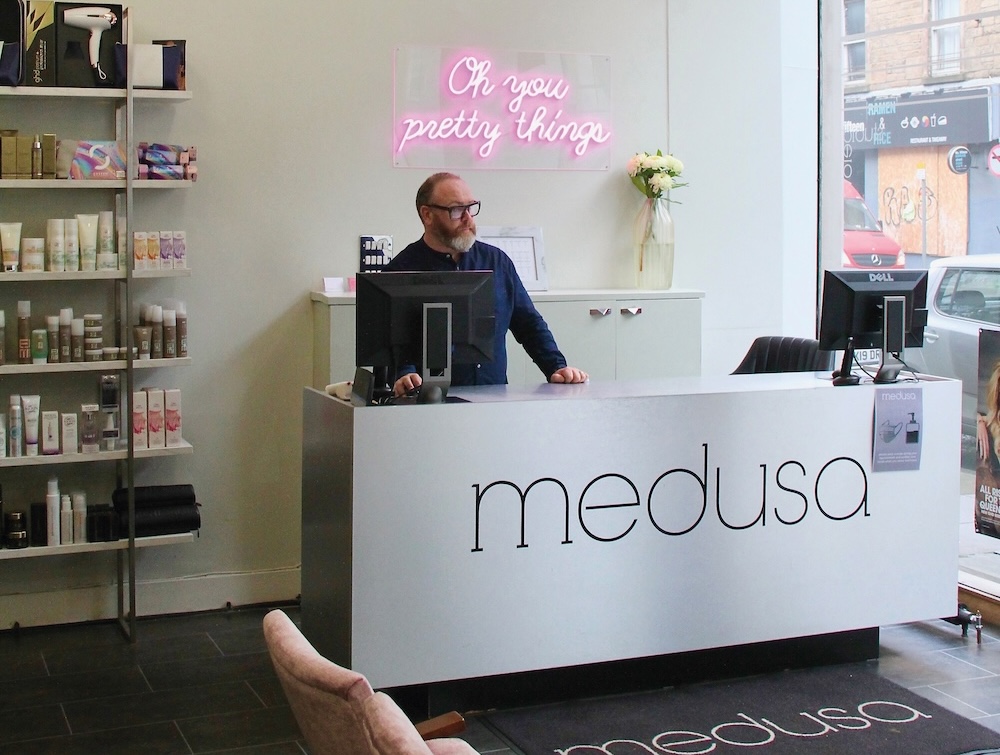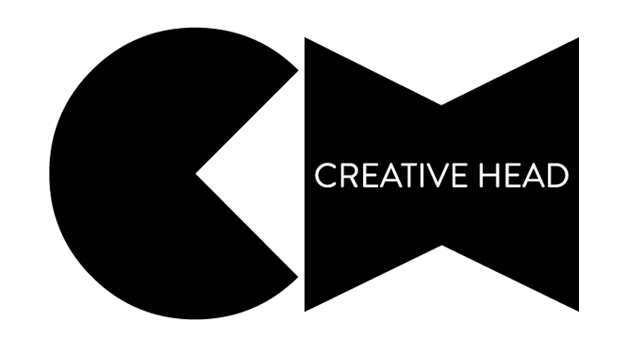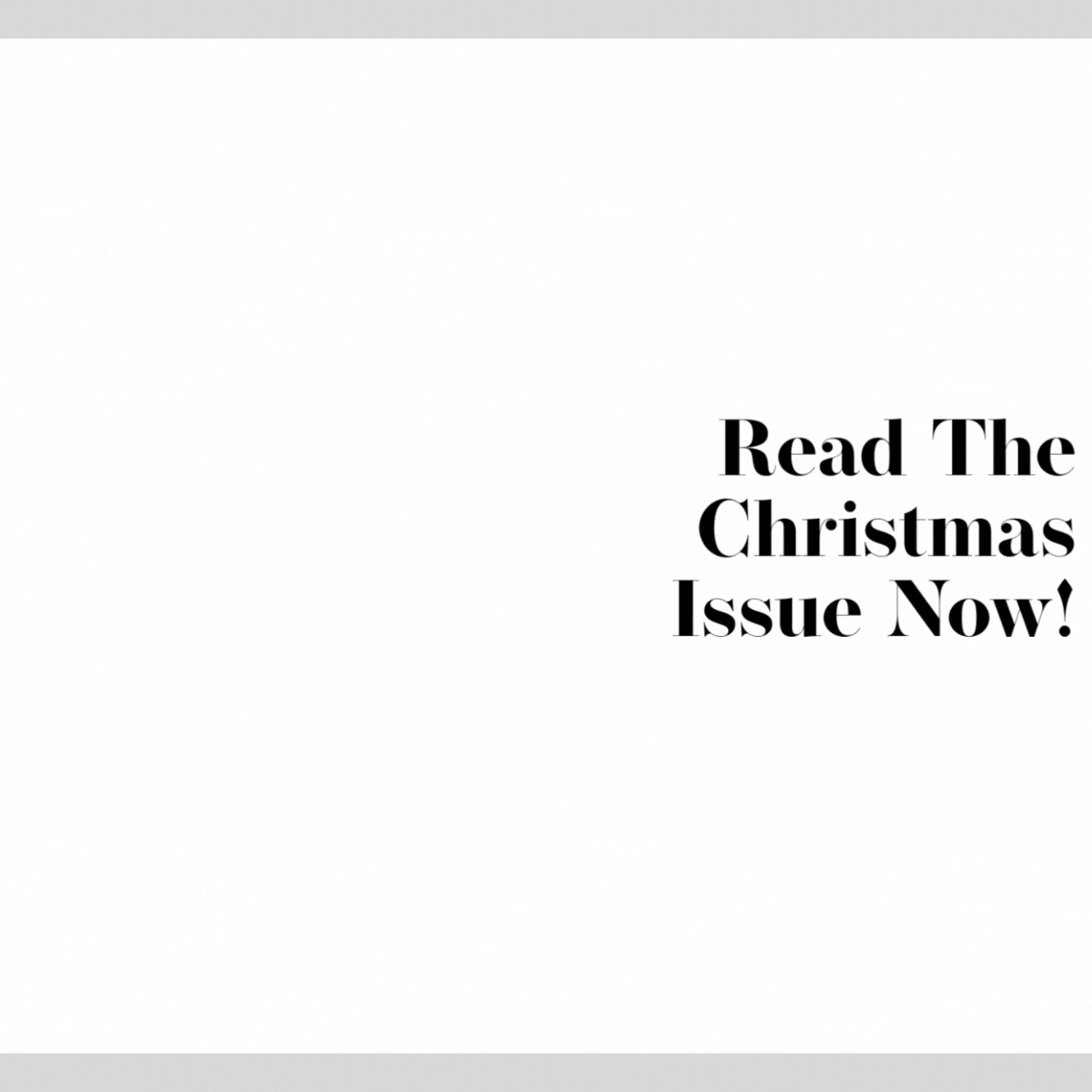“Salons Like Ours Are Being Pushed Into An Impossible Corner”
The Autumn Budget 2025 – your reactions
by AMANDA | INFORM

With the reveal of the Autumn Budget 2025, salons are now facing National Minimum Wage hikes from April, alongside other changes. How will this latest wave of government changes impact your salon business?
Share your views now – the British Hair Consortium are collecting instant responses from salons ahead of a government meeting on 8 December

“With the new budget increasing minimum wage for apprentices, salons like ours are being pushed into an impossible corner. As a hybrid salon, we already juggle rising costs and limited margins and these changes make it even harder to hire and train new talent.
It’s financially unviable to bring apprentices into the industry, putting the future of hands-on learning at real risk. A VAT reduction to 10 per cent is no longer a luxury; it’s essential for our survival. Without it, salons simply won’t be able to absorb these rising costs and the high street will lose yet another vital trade.”
Warren Edwards, Warren & The Hare, Bournemouth

“I’ll be honest, this Budget was disappointing for our industry. Once again, hair and beauty barely earned a mention, despite our contribution to the economy and our role in training thousands of young people. Hospitality was recognised; we weren’t, which leaves me frustrated.
“The biggest issue is that the VAT system continues to favour micro-businesses staying under the £90k threshold. There’s absolutely nothing wrong with self-employment – it’s an important, valuable part of our industry – but the system unintentionally pushes people towards it. An employed stylist in a VAT-registered salon contributes almost three times more tax than a self-employed stylist under the threshold, yet salons offering apprenticeships, training and career progression face the highest operating costs. That imbalance holds back growth.
“The rise in the National Minimum Wage is the right move ethically, but it will stretch salon payrolls further. This is where knowing your KPIs becomes essential. Profitability is basic maths. Align your pricing, wages and service structure to the numbers, and tough decisions become clearer. Sometimes you must remove emotion to make the decision, and put the emotion back in once it’s made.
“I remain optimistic, but we need recognition and fairer reform. Without it, we risk weakening the very salons who train the next generation.”
Lorenzo Colangelo, The Gallery, Tunbridge Wells

“As the owner of a salon who takes on apprentices, the increase in the minimum wage – including for apprentices – means our labour costs are rising sharply at a time when overheads are already tight. This puts real pressure on hair salons, where staffing is a major cost, and it forces us as salon owners to make tough decisions, raise prices, reduce staff or limit how many apprentices I can take on. It’s a difficult balance. I want to support the next generation of stylists, but I also need to keep the business afloat.”
Charlotte O’Flanagan, Charlotte Paints Hair Studio, Shirley

“While headlines focus on minimum wage rises and business support, the reality on the salon floor is quite different. The increase in the National Minimum Wage will cost a salon with five stylists around £5,200 extra per year, and that’s before we factor in any changes affecting apprentices. With margins already incredibly tight across the industry, this level of additional wage pressure will force many salons to make difficult decisions at a time when they are already trying to absorb rising product, energy and rental costs.
Rates relief changes offer a glimmer of hope, but only if the Scottish Government responds with equivalent support. As a Scottish business, we’re watching closely and hoping this Budget puts pressure on Holyrood to deliver tangible relief. Without it, many salons in Scotland will find themselves at a competitive disadvantage.
What’s most concerning is that, despite all the noise, this Budget brings very little meaningful change. With income tax thresholds frozen, many people will actually see their take-home pay decrease as they fall into higher tax brackets. For industries like hairdressing, this is significant. When clients feel the squeeze, discretionary spending is often the first to tighten – and salon visits, colour services and treatments are directly affected.
There was talk of support for apprentices, but the detail is vague and appears to be focused on England. Without clear UK-wide measures, salon owners are left with uncertainty at a time when stability is desperately needed.
Ultimately, this Budget doesn’t reflect the day-to-day challenges facing our industry. Salons are creative hubs, employers of young people, trainers of future talent and vital contributors to local high streets. We needed clarity, fairness and support. Instead we’ve been left with a budget that, in all honesty, feels a little ‘blah’.”
Colin McAndrew, Medusa Hairdressing, Edinburgh










